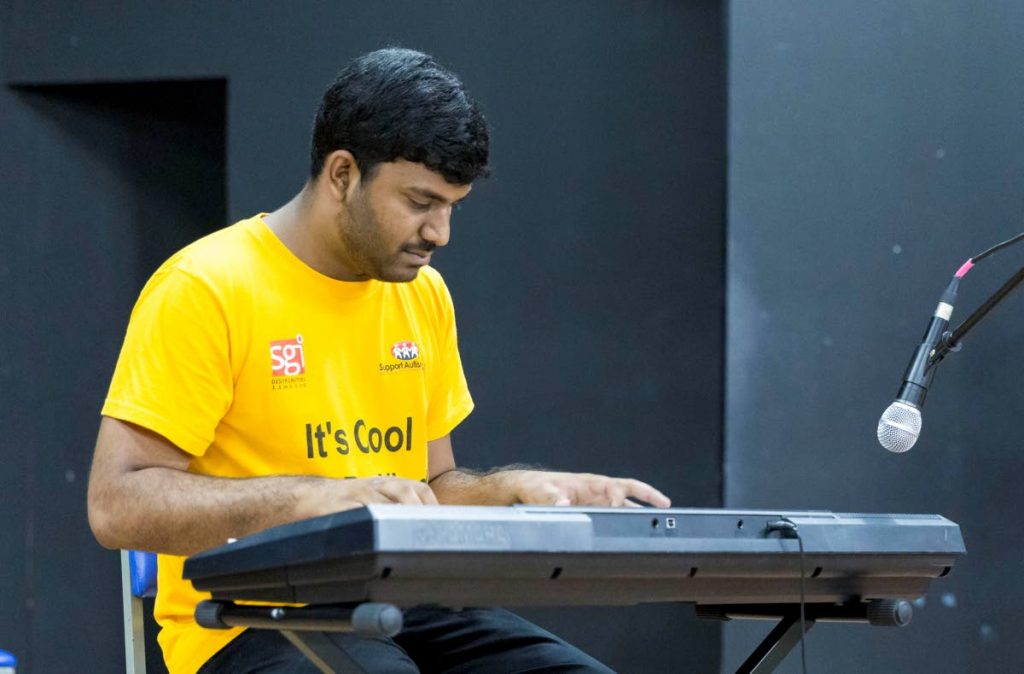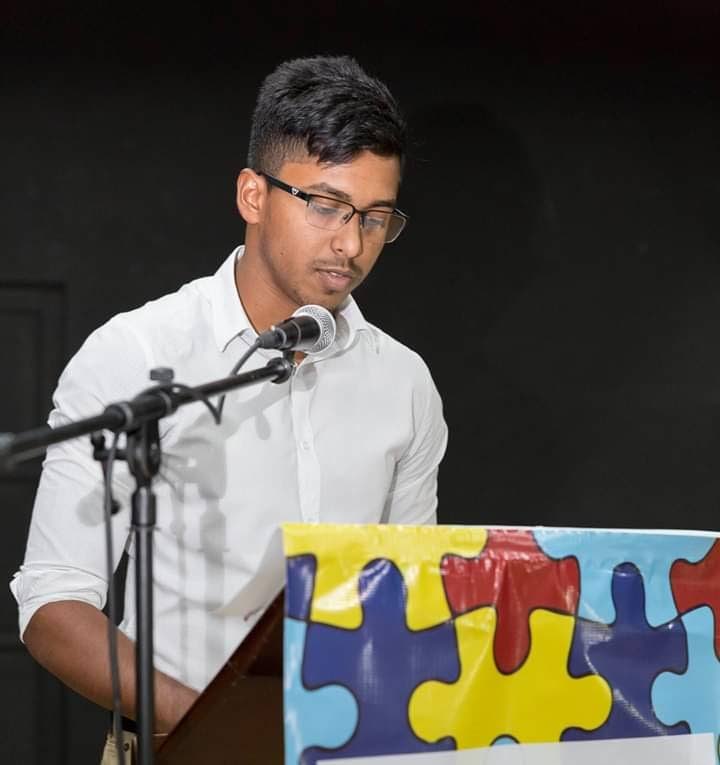Include special needs in election campaigns

DR RADICA MAHASE
“I have no intentions of voting this election. All these politicians are one set of crooks. You only see them at election time and that’s it. I have a ten-year-old child with autism and none of them do anything for him. For the last general elections the man who was running said that he will help my son get therapy. That man won elections, became the MP and never ever bothered again. I went to visit him in his office after he won and he promised he would help and even though I followed up with him a few times he never did anything. These politicians say they will do things but once they get in power they don’t bother about people.”
Elections will be held on Monday August 10, and campaigning has started. Sadly, politicians tend to forget that there is a special needs population in our country. There is this general feeling that the special needs population cannot influence voting outcomes because it is not numerically significant, that is, there aren’t not enough people with special needs to increase votes. Thus, people with special needs are left out of the entire election campaign, whether it is to actually include those with special needs as political candidates, to encourage them to be part of a candidate’s campaign or to raise issues pertaining to them.
Politicians need to be reminded that individuals with special needs have the right to be included in all aspects of politics in TT. Article 29 of the United Nations Convention on the Rights of Persons with Disabilities which speaks to political participation states that governments should “… ensure that persons with disabilities can effectively and fully participate in political and
public life on an equal basis with others, directly or through freely chosen representatives, including the right and opportunity for persons with disabilities to vote and be elected…”
On July 25, 2015, TT ratified the UN Convention on the Rights of Persons with Disabilities – this means that as a country, we should now put policies and programmes in place to ensure that persons with disabilities have opportunities to realise their fullest potential. Is this actually so when it comes to politics and political life in our country?

According to the National Policy on Persons with Disabilities, four per cent of the TT population, that is 52,244 persons are living with a disability. Of this amount 3,302 are children. This means that there are 48,942 persons who can vote who have some kind of disability. The highest numbers of persons with disabilities can be found in the Tunapuna/Piarco area followed by Couva/Tabaquite/Talparo and then San Juan/ Laventille. These figures might actually be lower because they do not include persons with hidden disabilities such as autism, ADHD and others.
How do we then include these persons in elections campaigns? First, by encouraging individuals with special needs to become actively involved in political campaigns. In the same way that many political campaigns make sure that they include persons from various ethnicities and gender, those with special needs should also be included. Diversity within campaign teams will help to represent the diversity of the electorate.
Secondly, we need to include issues pertaining to the special needs population in the general election campaigns. As sad as it is, it is unknown in TT to hear a politician speak about individuals with special needs in their political speeches. No politicians speak about what they can do for those with special needs, how they will help children with special needs, what infrastructural changes they will make to ensure that the physically challenged have access to buildings, etc. How many times have you heard a politician speak about the visually or hearing impaired on a political campaign?
Part of the political campaign entails walking around in their communities. Are our politicians making an effort to visit persons with special needs on these community walks? Are they even interested in trying to find out the issues pertaining to this marginalised section of our population?
They really should because special needs goes beyond gender, ethnicities, age, religion and social classes. Including individuals with special needs in your campaign might actually help a politician to reach a wider segment of the population. Of course, also, it would be good to include special needs in your campaign, simply because as a politician you want to bring positive changes to this group.
Dr Radica Mahase is the founder/director, Support Autism T&T


Comments
"Include special needs in election campaigns"